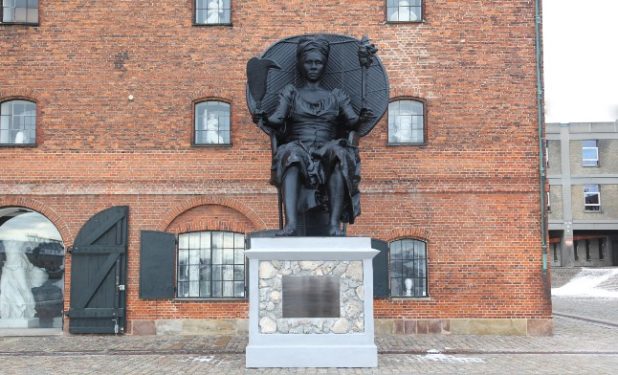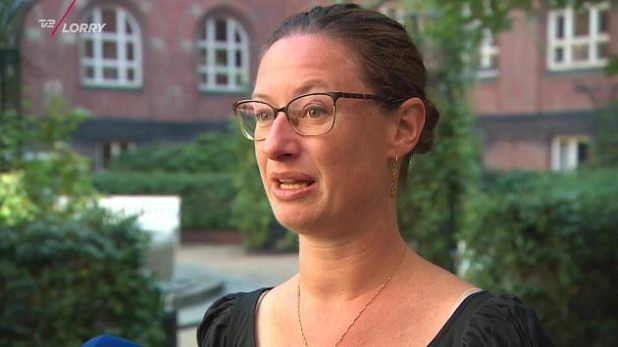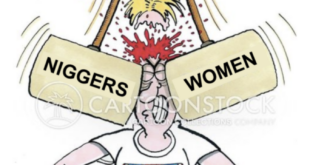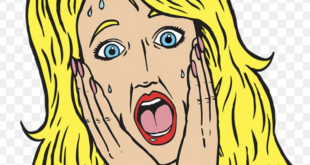
This is an actual statue from Denmark
In 1915, Denmark became the third country, after Finland and Norway, to give women the right to vote.
More than 100 years later, no one can point to a single positive outcome of this decision, save that it allegedly makes women feel good. There remains debate as to whether it actually does make women feel good or if they just think it does, but there is no one anywhere claiming a positive result beyond that.
Politicians in Denmark have proposed naming new roads in Copenhagen after slave rebels and labour rights campaigners in the Danish West Indies.
The proposal came after tens of thousands of people have protested in Denmark’s cities in recent weeks against racism and police brutality, as part of the wave of global protest following the death of black American George Floyd in police custody.
Ninna Hedeager Olsen, the Copenhagen city councillor who chairs the city’s road name committee, told state broadcaster DR that she could see streets named after slave leader Gottlieb Bordeaux, or after the three ‘rebel queens’ Mary Thomas, Axeline Elizabeth Solomon and Mathilda McBean.

Hell hath no fury like an ugly woman with political office
It was Bordeaux who in 1848 led the 8,000-strong slave uprising which pushed the then governor of the Danish West Indies to abolish slavery.
The three ‘queens’ then in 1878 led an uprising of the former slaves against continuing poor conditions on the sugar cane plantations.
Actually no, they didn’t, they were goofy voodoo priestesses who did goofy ceremonies while the male blacks chopped off the hand that fed them.
“There are other political colleagues who have to agree. But I imagine that they would like to vote for this,” Olsen told the broadcaster.
The city authorities erected a statue to Mary Thomas — thought to be first ever to depict a black woman in Denmark — in the Port of Copenhagen back in 2018.
“We have already taken the first steps in taking responsibility for and being honest about our history of slavery in the city,” Hedeager Olsen said.
Statues of figures involved in the slave trade, colonialism or racist policies have been defaced, pulled down, or been subject to petitions in cities across the world in the wake of the George Floyd protests. But so far no statue in Denmark has come under the spotlight.
Yeah, Denmark did a little slavery too back in the day.
It’s the only reason their country isn’t poor now, or so professor Shlomo told me in my sociology class.
When I asked professor Shlomo why the Middle East and Africa are such shitholes even though they had the most slaves of anyone, he said I was a Nazi.
And he was right, of course.
Hedeager Olsen said, however, that she was also considering erecting notices around roads named after figures who had been involved in the slave trade, to inform the public of the darker side to their history.
Frederick de Conincks Vej in Holte, to the north of the city, is, for instance, named after a shipowner who also traded in slaves.
You show those evil White men!
Tear down this hyper rich and peaceful society they built for you, and replace with an Islamo-African paradise run by Jews.
The world will be a better place when you do.
 Daily Stormer The Most Censored Publication in History
Daily Stormer The Most Censored Publication in History



